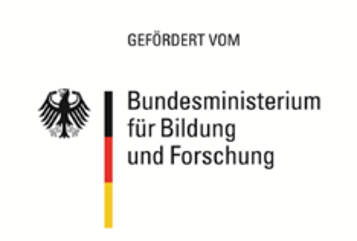Literatur zum Krisenmanagement
Enforcement may crowd out voluntary support for COVID-19 policies, especially where trust in government is weak and in a liberal society
Beschreibung
Effective states govern by some combination of enforcement and voluntary compliance. To contain the COVID-19 pandemic, a critical decision is the extent to which policy makers rely on voluntary as opposed to enforced compliance, and nations vary along this dimension. While enforcement may secure higher compliance, there is experimental and other evidence that it may also crowd out voluntary motivation. How does enforcement affect citizens' support for anti-COVID-19 policies? A survey conducted with 4,799 respondents toward the end of the first lockdown in Germany suggests that a substantial share of the population will support measures more under voluntary than under enforced implementation. Negative responses to enforcement-termed control aversion-vary across the nature of the policy intervention (e.g., they are rare for masks and frequent for vaccination and a cell-phone tracing app). Control aversion is less common among those with greater trust in the government and the information it provides, and among those who were brought up under the coercive regime of East Germany. Taking account of the likely effectiveness of enforcement and the extent to which near-universal compliance is crucial, the differing degrees of opposition to enforcement across policies suggest that for some anti-COVID-19 policies an enforced mandate would be unwise, while for others it would be essential. Similar reasoning may also be relevant for policies to address future pandemics and other societal challenges like climate change.
Erschienen
2021
Themen
Krisenwahrnehmung
Krisenbewältigung
Pandemiebezogene Maßnahmen
Krisenbewältigung
Pandemiebezogene Maßnahmen
Autor*innen
Schmelz, Katrin
Zeitschrift
Proceedings of the National Academy of Sciences of the United States of America
Band
118
DOI
10.1073/pnas.2016385118
